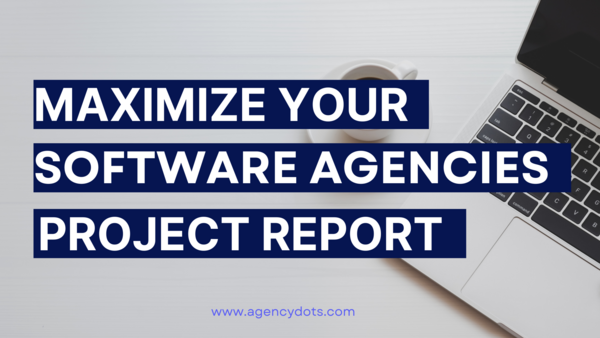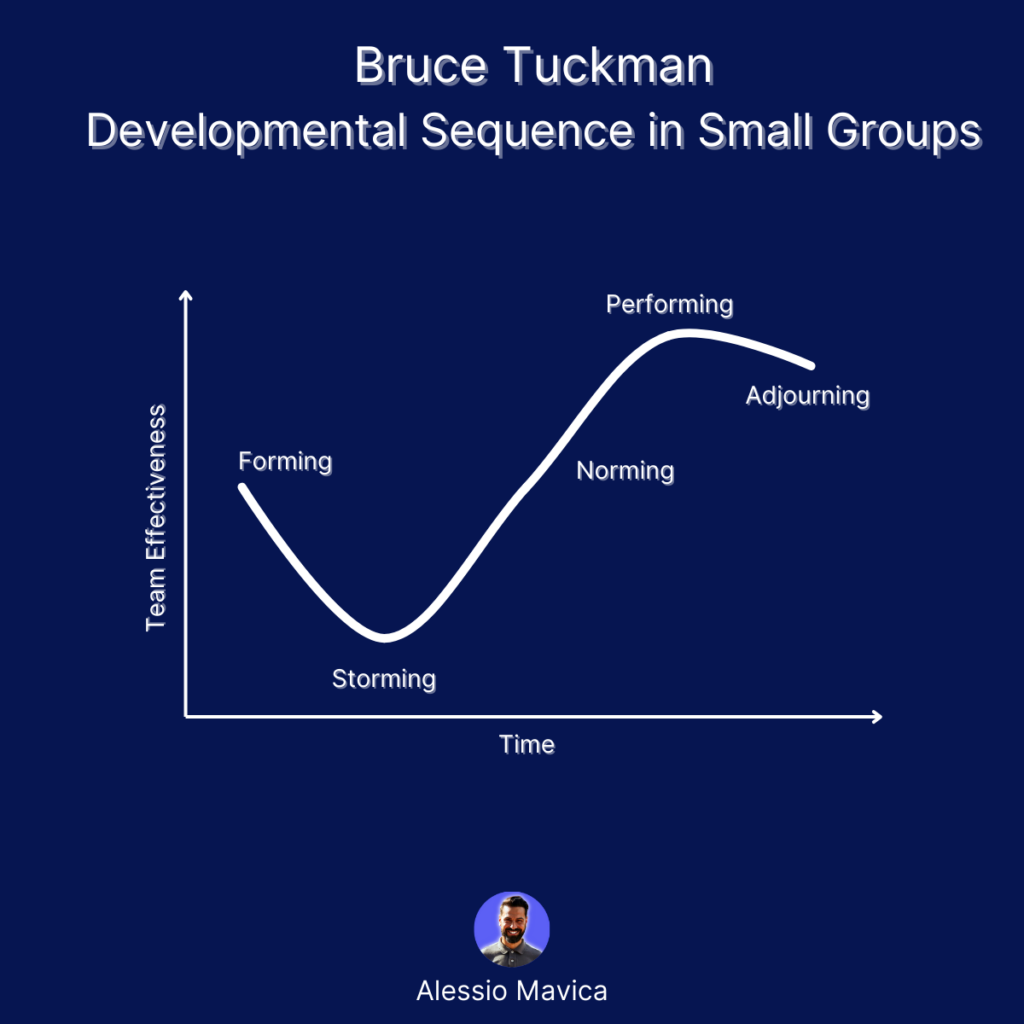The Ultimate Guide to Project Management Software Designed for Agencies
Why Project Management Software Matters for Agencies
The Need for Specialized Tools in Software Development
Have you ever felt that off-the-shelf project management tools just don’t cut it for your software development projects? You’re not alone. Agencies like ours often deal with distinct challenges that generic tools can’t address. Why is specialized project management software so crucial? Well, consider our typical scenario: multiple client projects, each with their own stakeholders, timelines, and requirements. The complexity is staggering, isn’t it? This is where tailored tools come in. They are designed to handle the chaotic workflow unique to agencies, integrating client collaboration straight into the development cycle.

Impact on Efficiency and Profitability
Imagine you’re in the middle of a high-stakes project, juggling various tasks and deadlines. Traditional project management methods can leave you bogged down with manual updates and fragmented communication. Ever lost hours trying to track down a project’s status or waiting for team updates? Frustrating, right? The right tool not only centralizes everything in one place but also streamlines these processes, making your day-to-day operations far more efficient. Our project managers at the agency noticed a significant shift when we moved to software designed with our needs in mind.
Take automated reporting, for instance. Before implementing it, days were lost compiling data for client updates. But now? Reports are generated in real-time and shared effortlessly, ensuring transparency and saving valuable hours. If you’re curious about maximizing your agency’s efficiency through automated reporting, check out our detailed guide here. The result? Not just time saved but also improved client satisfaction and, ultimately, higher profitability.
Another example: our transition to an all-in-one project management software brought everything, from task assignments to project tracking, under one roof (even the virtual ones!). The benefits were immediate and palpable. If you’re keen to explore how an all-in-one solution can transform your workflows, this ultimate guide is worth a read.
So yes, investing in specialized project management software might seem like a hefty commitment upfront, but the dividends it pays in efficiency and profitability make it a game-changer for agencies.
Key Features to Look for in Project Management Software
Comprehensive Reporting Capabilities
One of the first things I always tell colleagues about project management software is the importance of robust reporting capabilities. Remember that meeting we had last quarter? We were all scrambling to put together client reports manually, spending hours just collating data from different sources. That was when we decided enough was enough. We needed something more efficient. A tool that could generate reports automatically and keep our clients informed without the time sink. That’s exactly what we found with comprehensive automated reporting features. The satisfaction from clients when they receive timely updates – it’s transformative.
Automating Reports for Better Client Communication
Automated reports are a game-changer. They ensure that crucial project metrics are delivered promptly, fostering transparency and trust with clients. For instance, last month, one of our largest clients remarked on how much more confident they feel when they receive their project status reports right on schedule, every week. No more last-minute rushes to compile data. It’s all there, organized and detailed, making for smoother client relationships and reducing stress on our end.
Tracking Project Progress Efficiently
Efficient project tracking is another key area where specialized software shines. We used to lose a lot of time just figuring out where a particular task stood in the grand scheme of things. Now, with sophisticated tracking tools embedded in our project management software, we have real-time visibility into every aspect of our projects. It’s like having a bird’s-eye view – we can spot bottlenecks before they become critical issues.
Collaboration Tools
Collaboration tools are indispensable, especially when working with external clients. Think back to our project kick-offs. Coordinating with clients and internal stakeholders used to be a nightmare with emails flying back and forth. Enter the integrated collaboration tools. We use project boards that everyone can access, comment on, and update in real-time. It’s like a virtual meeting room that’s always open, reducing misunderstandings and ensuring everyone is on the same page.
For broader context, check out the concept of real-time collaboration tools on Wikipedia here.
Task and Workflow Automation
On the automation front, the trend is clear: automate to elevate. The repetitive yet essential tasks – think task assignments, deadline reminders, and progress tracking – can and should be automated. This frees up your team’s mental bandwidth to focus on strategic activities that drive project success. Recently, we automated our QA checks. The difference? Faster turnaround times and a happier, more focused QA team.
Scalability and Customization Options
Lastly, don’t underestimate the power of scalability and customization. As your agency grows, your tools should grow with you. We initially selected software that could scale up alongside our expanding client base, and it’s paid off in spades. Tailoring workflows and reports to fit specific project needs has provided a personalized touch that generic software couldn’t offer.
The integration of these features into our everyday operations has not only streamlined our processes but has also significantly enhanced our overall project delivery. It’s this kind of strategic investment that sets successful agencies apart.
Common Challenges When Implementing Project Management Software
Resistance to Change
Now, you might be thinking, “This all sounds great, but how do I get my team to actually use the new software?” Resistance to change is a hurdle many agencies face. People get comfortable with their current tools and processes, even if they’re not the most efficient. Convincing your team to make the switch requires showcasing the tangible benefits. Sharing success stories from other teams or highlighting how the new software simplifies their daily tasks can spark a more positive outlook.
High Learning Curve
But here’s the thing: even the best software can come with a steep learning curve. Have you ever introduced a new tool and found it gathering dust because the team couldn’t get the hang of it? This is where adequate training and onboarding are crucial. We found that investing time in comprehensive training sessions and creating easily accessible documentation paid off immensely. Within weeks, our team was not only using the software effectively but also found their workday disrupted less by inefficiencies. A phased approach – starting with essential features and gradually introducing advanced tools – can also make adaptation smoother.
Integration Issues
Another skepticism you might have is, “Will this software truly integrate well with our existing tools?” It’s a valid concern. Integration hiccups can disrupt operations more than they help. Before committing, ensure the software has robust API capabilities or pre-built integrations with the tools you already use, like your CRM or communication platforms. We did extensive testing – even running a pilot program – to ensure a seamless fit. By ironing out these kinks early, we minimized downtime and ensured a smoother transition.
Cost vs. Benefits
And then there’s the cost. “Is it really worth it?” you might ask. Investing in specialized project management software can seem pricey upfront, especially for smaller agencies. However, think about the time and resources you’ll save in the long run. We initially had the same reservations. But after months of reduced task redundancies, fewer project delays, and higher client satisfaction, the ROI became undeniable. Sometimes, you have to spend money to save money.
In facing these challenges head-on, with a proactive approach and strategic planning, you can navigate these common pitfalls effectively. Your agency will be further on the path to maximizing efficiency and client satisfaction by overcoming these hurdles.
Conclusion and Next Steps
Reflecting on our journey from grappling with inefficient tools to embracing specialized project management software, it’s clear that the right solution can revolutionize an agency’s operations. From automating reports to ensuring seamless client communication, the benefits we’ve discussed aren’t just theoretical – they’re born from lived experiences and genuine improvements we’ve seen in our day-to-day projects. Remember those frustrating manual report compilations we talked about? They’re a thing of the past with the right software.
But here’s something to ponder: every agency is unique. What worked wonders for us might need tweaking to fit your specific workflows and client needs. So, I encourage you to take a moment – reflect on the inefficiencies slowing down your team. Could they be alleviated with better tools? Look for solutions that offer the comprehensive features we’ve discussed – robust reporting, collaboration tools, task automation, scalability, and seamless integration – and test them out. Maybe start with a small pilot project, incrementally integrate the tool, and watch how it reshapes your workflows.
Think about the time you’ll save, the efficiency you’ll gain, and the satisfaction you’ll bring to your clients. It’s not just about adopting new software; it’s about embracing a new way of working that liberates your team’s potential and drives your projects to success.
So go ahead, give it a try. Reflect on your current processes, identify the gaps, and explore how project management software can fill them. You might just find that the time and investment are worth every penny. And who knows? Your next big breakthrough in project efficiency could be just around the corner. After all, in the dynamic world of software development, staying ahead means always looking for ways to innovate and improve.
Frequently Asked Questions
1. What makes project management software essential for agencies?
In our article “The Ultimate Guide to Project Management Software Designed for Agencies,” we delve into why project management software matters for agencies. Such software centralizes tasks, documents, and communications, making operations more efficient and increasing profitability. Specialized tools address the unique challenges agencies face, offering tailored solutions that generic tools can’t provide.
2. What are the key features to look for in project management software?
In the section Key Features to Look for in Project Management Software, we highlight crucial features such as comprehensive reporting capabilities, collaboration tools, task and workflow automation, scalability, customization options, and seamless integration with existing tools. These features ensure that the software meets the unique demands of your agency.
3. How can automated reporting improve client communication?
Automated reporting is a significant aspect discussed under Automating Reports for Better Client Communication. By generating reports in real-time, automated reporting ensures that clients receive timely updates without manual effort, fostering transparency and enhancing client satisfaction. For more insights, read our internal article, Revolutionizing Client Communication with Automated Reporting.
4. What are the common challenges faced when implementing project management software?
In our section Common Challenges When Implementing Project Management Software, we discuss several potential hurdles such as resistance to change, high learning curves, integration issues, and concerns about cost versus benefits. Addressing these challenges with strategic planning and adequate training can ensure a smoother transition.
5. How can I evaluate the best project management software for my agency?
The conclusion of our article focuses on evaluating the best project management software for your agency. We recommend assessing your specific needs, testing software with a small pilot project, and gradually implementing it across your agency. Reflecting on current inefficiencies and exploring how specialized software can address them is crucial for choosing the right tool.
Try AgencyDots for free!
Control your entire project portfolio from one place.
Make your software development agency efficient.
No credit card required.

